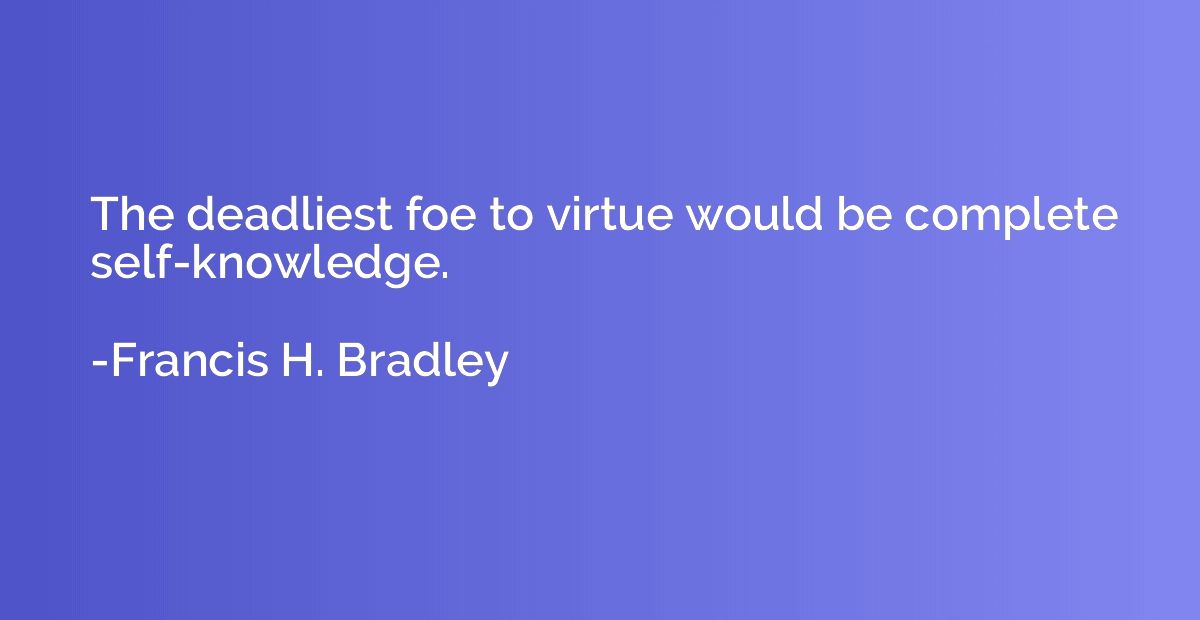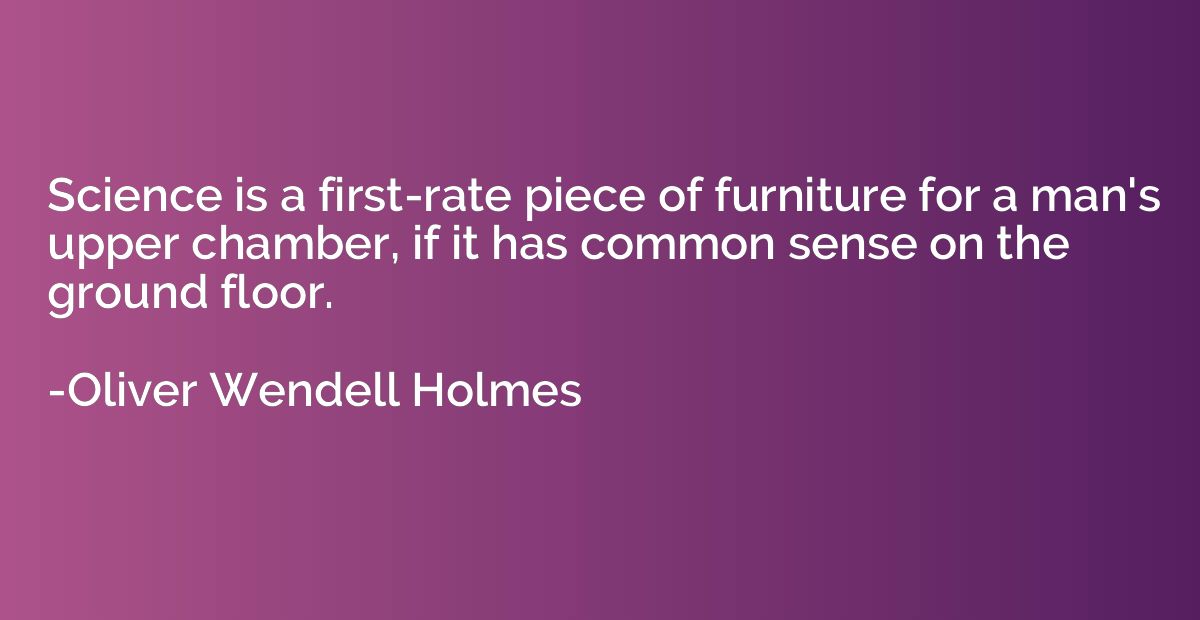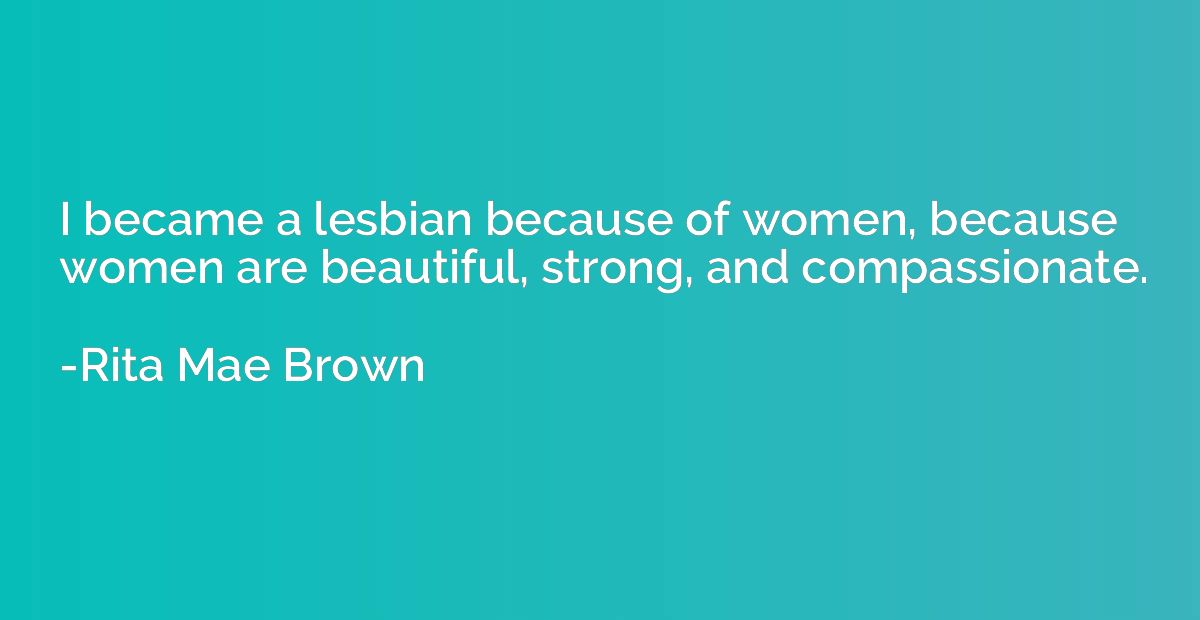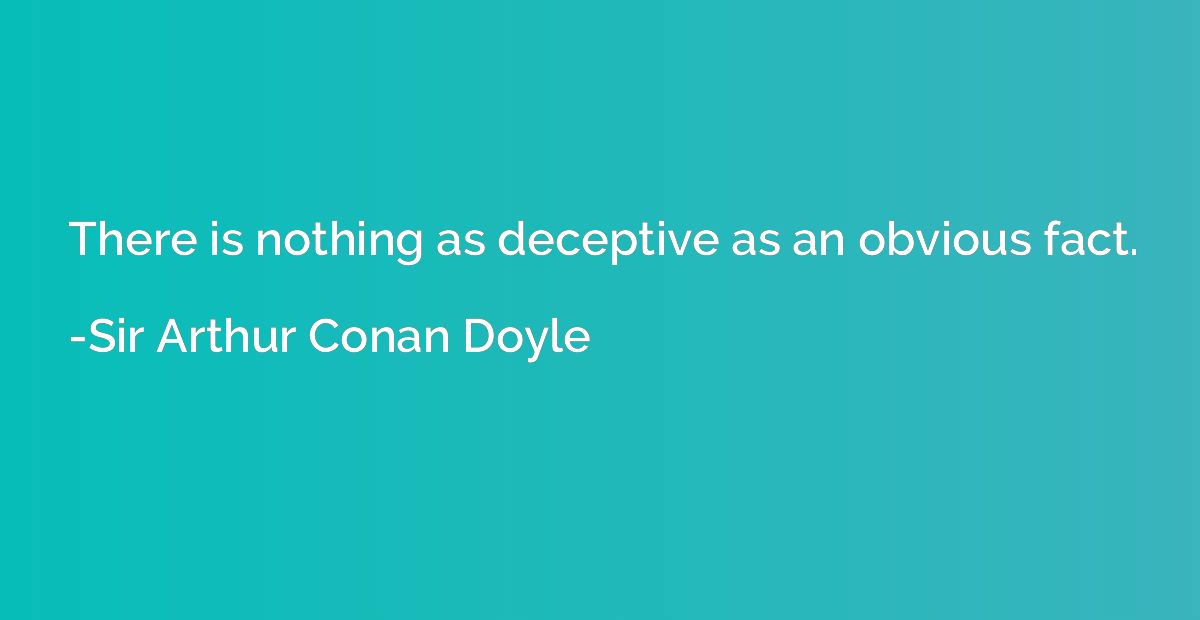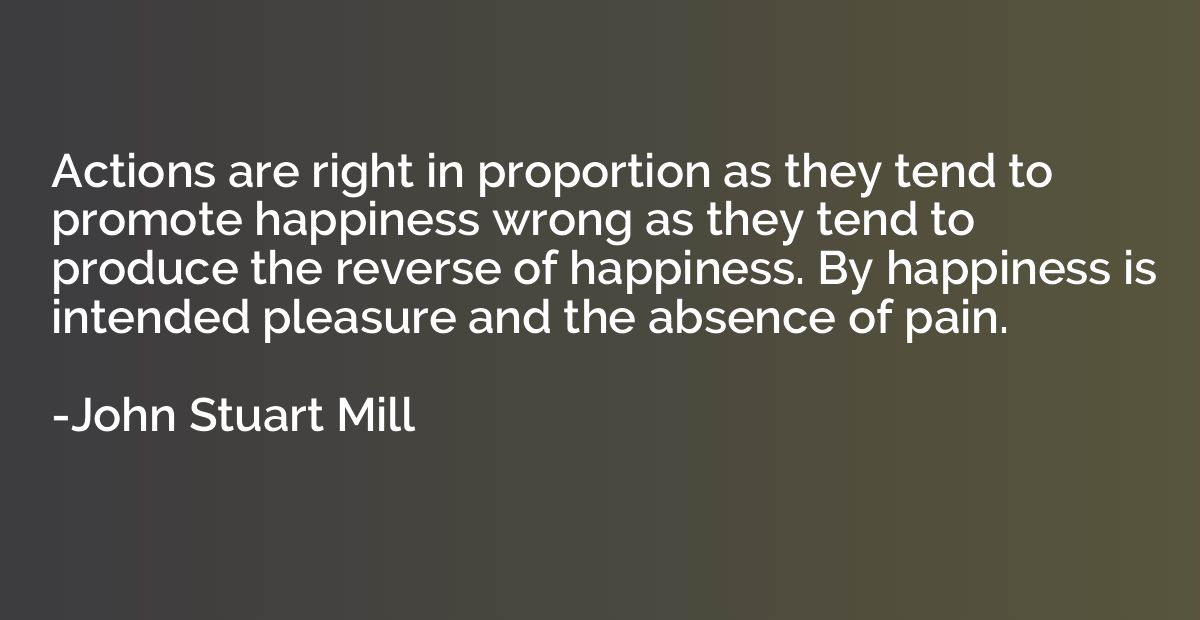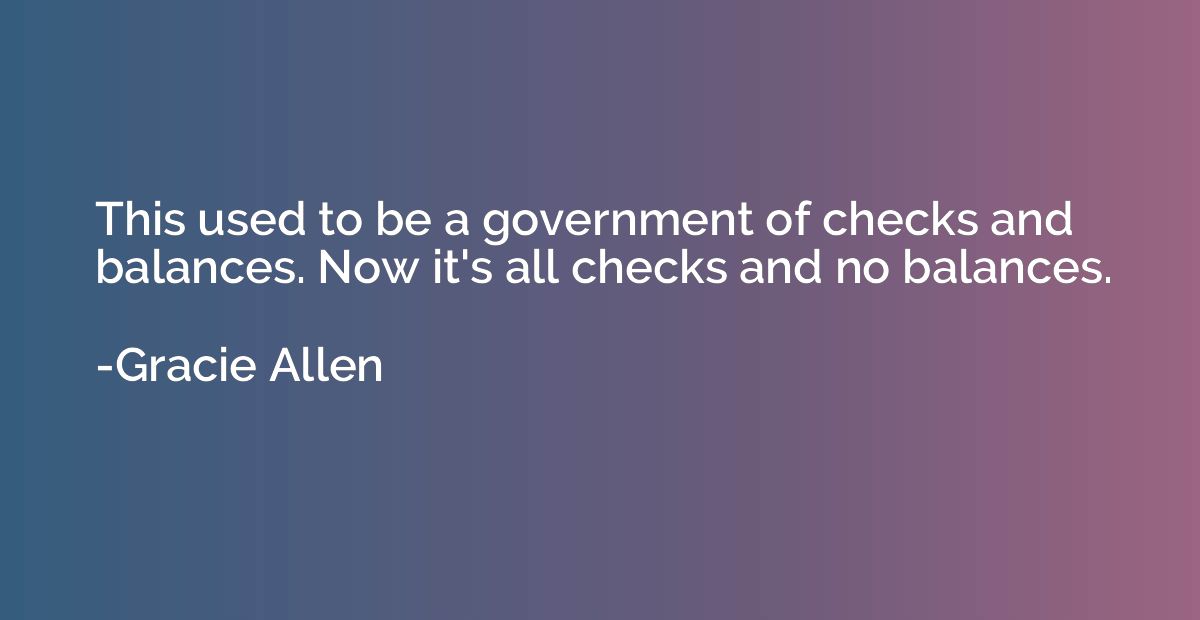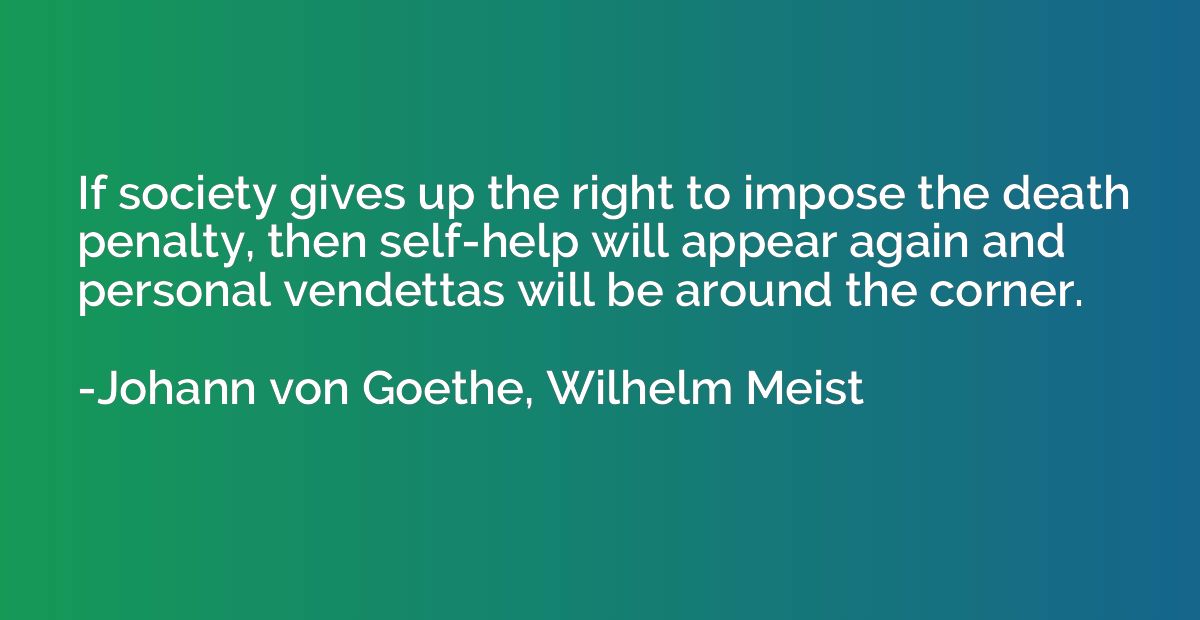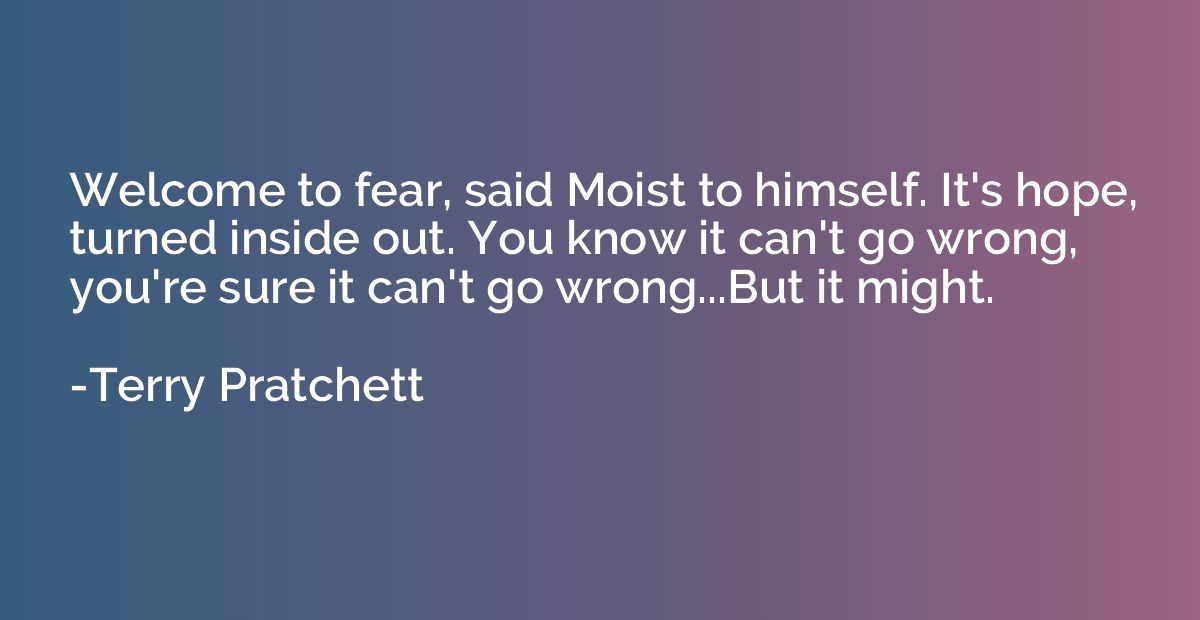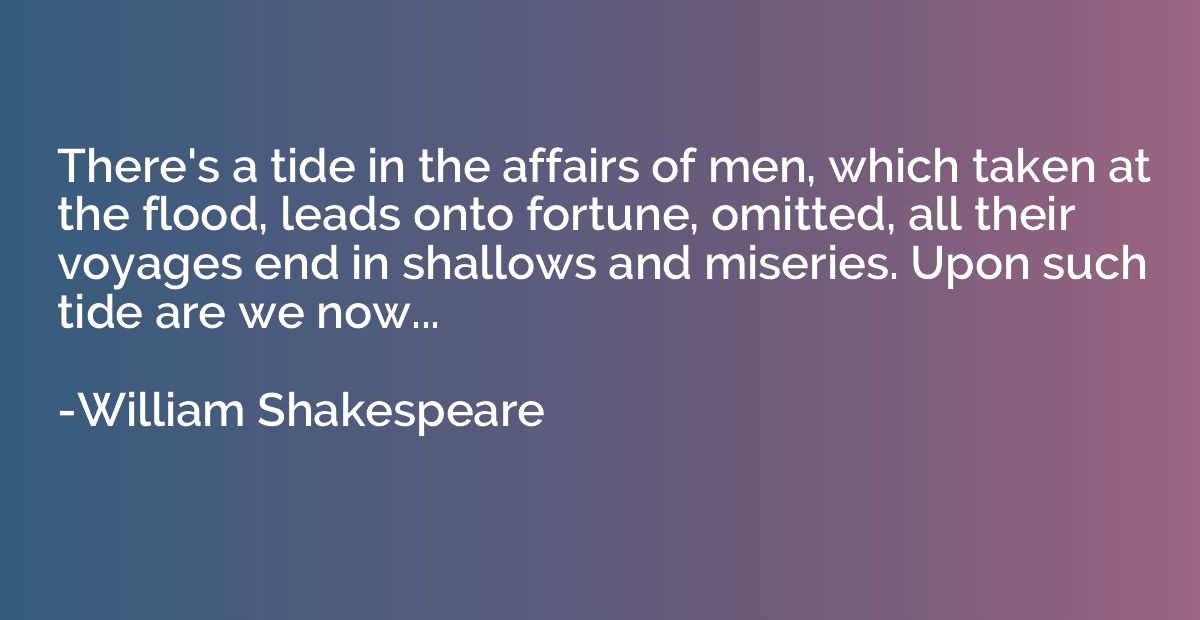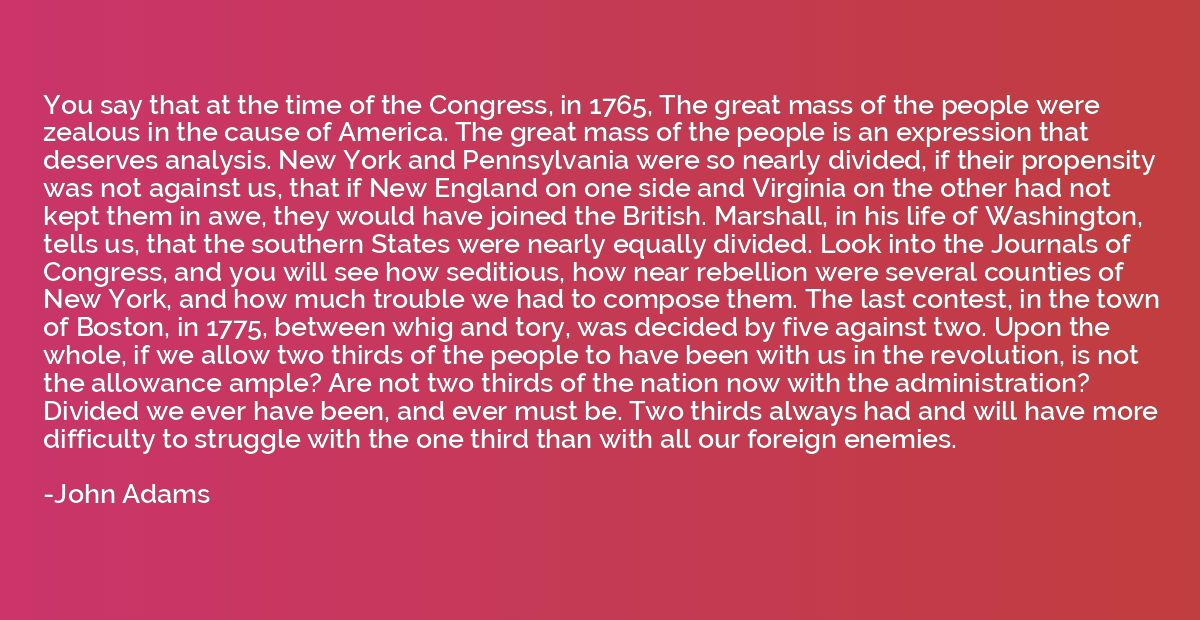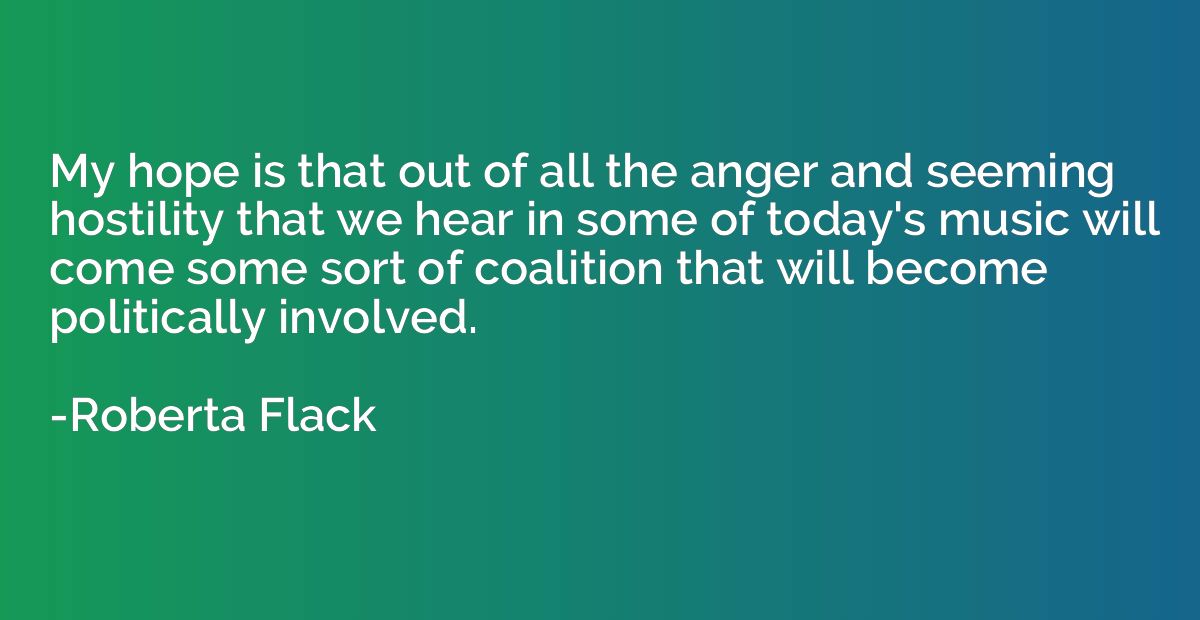Summary
This quote suggests that complete self-knowledge can be a barrier to virtue. It implies that understanding every aspect of one's self, both flaws and strengths, can hinder the cultivation of virtuous behavior. This could be because self-awareness may lead to self-doubt or a sense of moral relativism, where individuals question the existence or importance of virtues. By not possessing perfect self-knowledge, individuals may be more inclined to strive towards virtue without being burdened by a deep understanding of their own imperfections.
